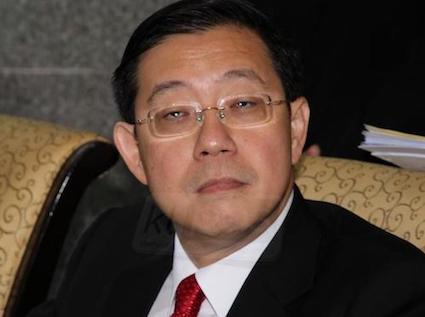Government not able to save 20% by reducing corruption after all

The government had earlier said it could remove the 6% GST and then cover this shortfall in income by ‘saving 20%’ lost through corruption but now finds it cannot achieve that after all
(Mkini) – The Pakatan Harapan government is expected to table a budget deficit for the next few years, Finance Minister Lim Guan Eng said.
“With our financial shortage and constraints as well as the RM1 trillion debt, I fear that we are unable to achieve a balanced budget, not only for 2019, but also for the following years,” he told Dewan Negara today.
The previous BN government had targeted for a balanced budget by 2020 but later said that it would be delayed for a few more years due to fiscal challenges.
Lim was responding T Chandra Mohan (Harapan) who urged the government to strive for a balanced budget and channel more allocations towards the development budget.
In his winding-up speech on the House’s debate on Supply (Reallocation of Appropriated Expenditure) Bills 2018, Lim concurred that the government should implement a balanced budget.
Besides having problems achieving a balanced budget, Lim also admitted it is very challenging for the government to strive to attain a balance in the operating expenditure and development expenditure.
This is partly because close to 40 percent of the budget will be used on emolument and pensions, he said.
This is the fixed spending that we have to set aside before the federal government plans for any programme, he added.
“We expect the allocation for emolument and pension will exceed RM100 billion next year,” he said.
“This is a huge challenge when the federal government has no plans to reduce the number of civil servants,” he said.
Pakatan Harapan, which will table its maiden budget on Nov 2, had criticised the previous administration for tabling consecutive deficit budget for close to two decades.
The government had tabled RM280.25 billion budget for this year of which 84 percent or RM234.25 billion was allocated for operating expenditure.

